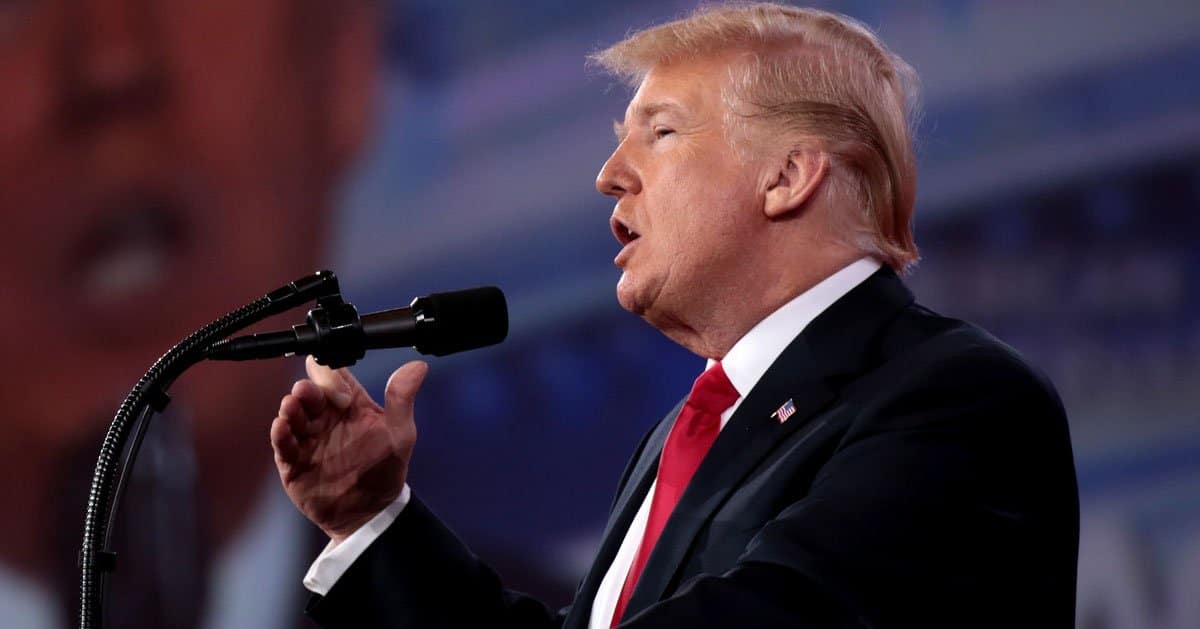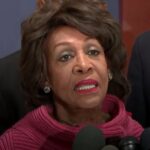






The Supreme Court's recent decision has delayed any immediate changes to the leadership of the U.S. Office of Special Counsel, retaining Hampton Dellinger in his role for the time being.
The Hill reported that the appeal from the Trump administration had sought an urgent ruling from the Supreme Court to remove Dellinger, who serves as the head of the federal whistleblower protection office.
Their application followed a lower court's action, which temporarily reinstated Dellinger, originally appointed during former President Joe Biden's tenure. The case is notable as it marks the first instance in which the Supreme Court is being asked to intervene in such firings of protected federal agency heads.
The Supreme Court chose to "hold in abeyance" their proceedings, allowing the temporary reinstatement order from the lower court to stand until its expiration.
This action effectively allows Dellinger to remain in his position until Wednesday, maintaining his leadership at a critical juncture.
Justices Sonia Sotomayor and Ketanji Brown Jackson were of the opinion to deny the administration’s request outright, advocating for Dellinger's continued role without immediate interruption.
Contrarily, Justices Neil Gorsuch and Samuel Alito expressed a preference for altering the status quo. Gorsuch remarked on the situation, indicating that leaving the order unchanged could further the issue, a view he shared with Alito.
The Trump administration had characterized the lower court's decision as a breach of the separation of powers, a foundational principle asserting distinct responsibilities among the government's branches.
Acting Solicitor General Sarah Harris criticized the lower court for overstepping its authority by attempting to limit the President's executive powers to appoint agency heads of his choosing.
Harris highlighted the importance of intervention by the Supreme Court, suggesting that allowing a district court to bar the President could lead to significant constitutional concerns. Her argument underscored the Trump administration's belief in quick resolution practices when it comes to pivotal positions within the administration.
Dellinger, having been appointed under Biden, is positioned to scrutinize actions undertaken during the Trump administration and to extend protections for whistleblowers. His retention or dismissal could significantly impact ongoing and future inquiries into these areas.
Dellinger’s attorney, Joshua Matz, addressed the need for "orderly administration" via the court's regulations, which are intended to prevent unnecessary disputes and escalations between varying branches of government. Matz argued that adhering to the current rules could avoid hasty adjudications in politically sensitive matters.
He emphasized that the government seems to seek expedited rulings without due contemplation of each case's broader implications.
Matz warned against adopting a system that prioritizes rapid jumps to the Supreme Court, as it may lead to increased emergency litigation nationwide.
This strategy, he suggested, could pave the way for an overwhelming surge of high-stakes legal challenges, distracting from thoughtful judicial process.
The Supreme Court's handling of this case reflects broader implications for the structure and oversight of independent federal agencies.
The ability of the President to dismiss leaders of such bodies, who generally enjoy statutory protections, is a significant point of contention.
This decision could set a precedent affecting the executive branch’s influence over these protected roles, shaping future administrative actions. The ongoing legal battle underscores the inherent tensions in balancing executive authority with judicial oversight and legislative intent.
While the temporary order remains in effect, the implications hinge on subsequent judicial decisions. As the lower court's directive is anticipated to lapse soon, further actions by both the Supreme Court and the administration could affect Dellinger's leadership and agency activities.
Legal scholars and observers expect this case to be just the first in a series of forthcoming challenges against the Trump administration's attempts to reshape key federal roles. The stakes remain high as any decision may influence both immediate and long-term governance practices.
The outcome of the Dellinger case carries significant weight beyond the immediate players involved, potentially affecting the precedent for similar legal challenges.

